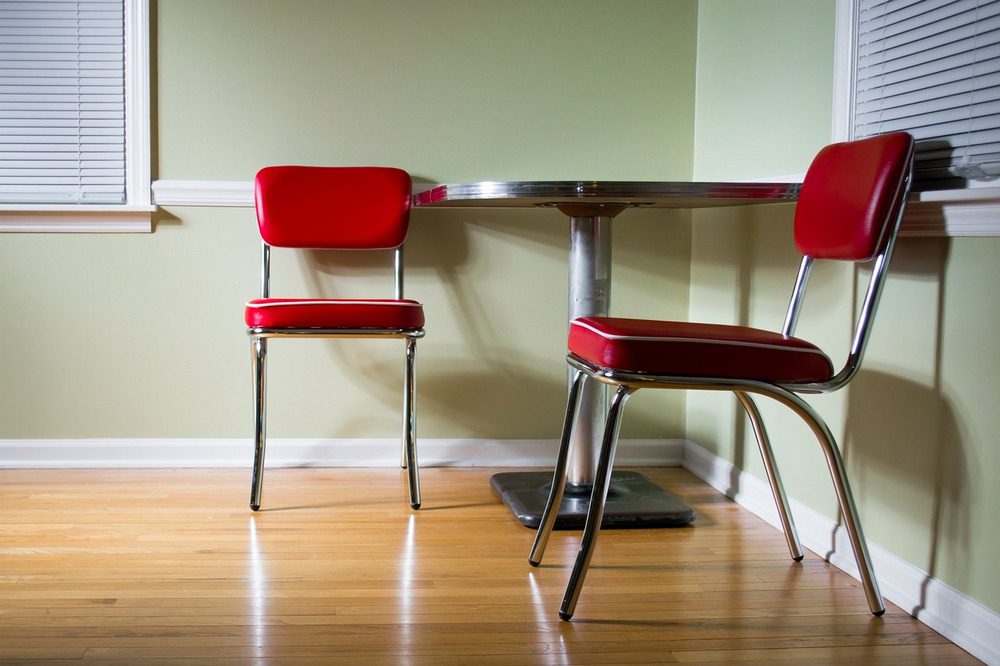
As a tenant, you may think you are completely restricted when considering changes to your home, but that is not the case. Many areas of your rented property can be revamped entirely.
What Are These Home Improvements?
The bottom line is that you will need the permission of your landlord to make long-lasting changes, which can work in your favor, as these home improvements could benefit the property and make it more likely that you’ll stay as a tenant long-term.
This article will detail some home improvements they might approve.
Start Simple: Freshen Up With a Coat of Paint
People living in more petite solo and co-living apartments will tell you that fresh paint can make a huge difference without costing much money. It might sound simple, and that’s because it is.
But a fresh coat of paint on the walls or ceiling will hugely impact the look and feel of the space. A few options are available to you, from creating a feature wall to get visitors’ attention to repainting the entire area to alter the overall ambiance.
It’s a responsible idea to confirm with your landlord before you start painting, as some of the colors may not align with their overall vision for their property, and it can be much harder to conceal specific colors later down the line, especially if you are nearing the end of your lease.
If have more time on the lease, perhaps subtle colors, such as earthy or pastel tones, can improve the space and shouldn’t be as much of an issue. But before you start painting, it’s always worth noting the original paint color in case you need to repaint it when you leave.
Brighten Your Space: Upgrade Your Light Fixtures
Like painting, changing your light fixtures is not a tremendous job, but it can make a huge improvement.
Outdated light fixtures can provide a duller, flatter level of light, so by upgrading them; you should benefit from a better sense of ambiance and functionality. You can then change the bulb tints and help ensure that your lighting complements the rest of your home.
While painting can be done by yourself, changing some light fixtures can be tricky, so contacting a specialist contractor or electrician may be worthwhile. If you’re making changes to built-in lights, you will need to contact your landlord to get their blessing.
Many landlords will also have a contractor to who they outsource a lot of work, trusting them to do a good job, and they’ll likely be more than willing to send them your way.

Adding Space With Storage
Storage can be a recurring issue in smaller homes and . While this may be a real problem for some, a surprising amount of underutilized space could be repurposed into a storage nook. Whether adding shelves to your walls, installing over-door racks, or changing your cupboard layout, these storage solutions can all make a difference.
As with the point about light fixtures, you’ll need your landlord’s permission to make any home improvements related to nails going into walls and doors. Not only could this cause a problem later down the line, such as cracks or plasterboard damage.
But there is also a risk of you hitting a water line or live electricity wire, so asking them to recommend a known contractor is often the safest option. The last thing you want to do is cause permanent damage, as this will almost certainly come from your security deposit, so seek professional help.
Improve Flooring With Laminate or Vinyl
This project is much more demanding, but it can have a huge impact, especially if you live in a home that needs any noticeable features or overall personality. flooring should be easily installed independently, especially compared to ceramic tiles or carpets.
This will also be much easier to remove at the end of your lease if your landlord isn’t a fan. Regardless, you will still need their permission to use glues and adhesives that could leave marks afterward.
While we did say that you should be able to do this independently, asking for help is always a good idea, as you may need to learn all the specialized skills required to do a proper job of it. It is not the quickest of processes, often taking a couple of days to finish a room, but it can have a long-lasting impact and elevate the space.
It is not a permanent change either, being reasonably easy to remove later. If you do this without bringing in a contractor or specialist fitter, it may be worth asking a friend or family member if they can lend a hand because some of the material can be pretty heavy.

Add Some Greenery
Lastly, make the most out of your outdoor space. You can make a lot of home improvements without your landlord’s permission, like growing plants in pots or adding a set of chairs, but to do anything more substantial, you’ll need their permission.
Home improvements such as adding more aesthetically pleasing flooring or additional light will need their sign-off. If you want inspiration, look at Pinterest or visit your local nursery — you should be able to do much of this yourself without needing extra help.
are great for air purification, and this has been shown to remove toxins, which some people believe improves one’s productivity and general well-being. This would be a great investment if you live with family members or spend a lot of time working from home.
Tailoring Your Home: Key Points
You may now know where to begin with home decor projects to improve aesthetics and functionality. We have shared five ways to improve your rented home, both inside and out.
Whether you’re co-living or living alone, you can be sure that you won’t have to hold back on some of the home improvements you might want to make in your living space. Just remember the golden key: communicate all home improvements with your landlord.
The post appeared first on .